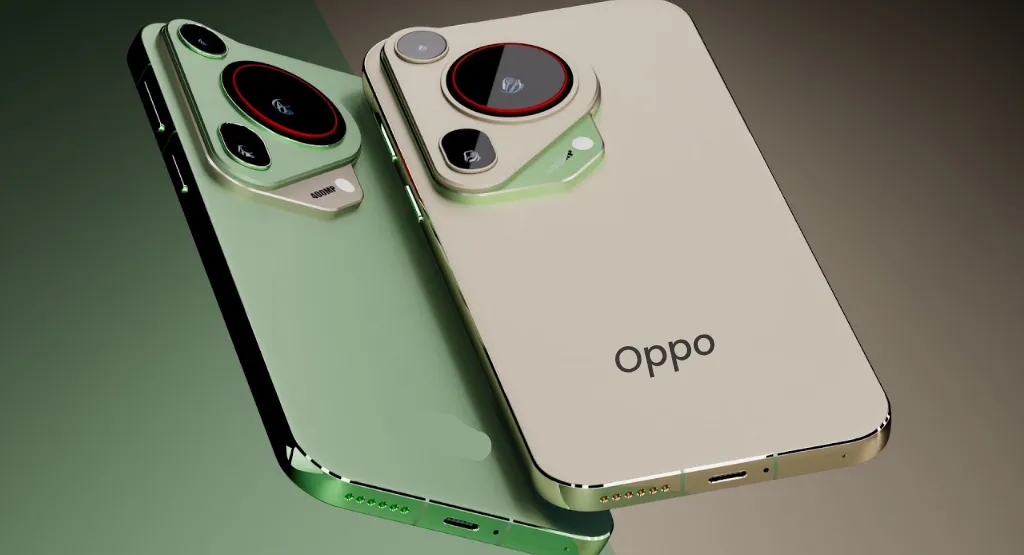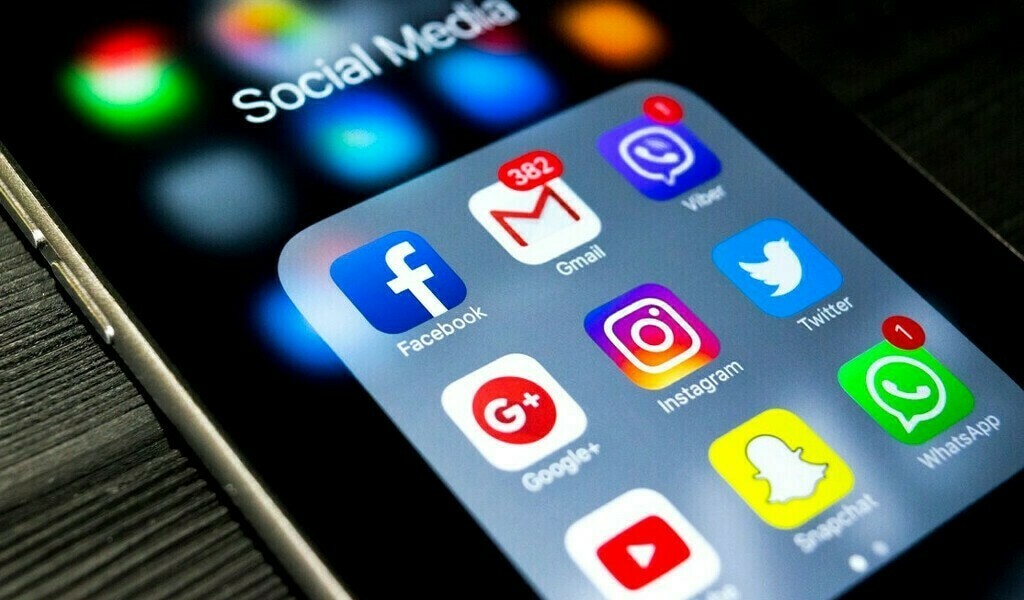Earlier this week, Elon Musk commented that he was frustrated that OpenAI had betrayed his original intention of being an “open artificial intelligence” company and a “non-profit”. It is our intent to develop a similar product to ChatGPT in the near future.
As reported by The Information in the United States, three people familiar with the matter confirmed that Elon Musk has approached a number of researchers in the field of artificial intelligence in recent weeks about setting up a new research lab at Tesla. Apparently, the lab’s main focus is on developing an alternative to ChatGPT that will be able to replace the existing model.
It has been reported that Elon Musk has been recruiting a former Alphabet artificial intelligence researcher named Igor Babuschkin to lead the initiative, who recently left Alphabet’s DeepMind unit. Elon Musk did not come up with the idea of using chatbots to make sure there is fewer content guarantees in an interview with Babuschkin.
Regarding this subject, let’s take a moment to review Elon Musk’s OpenAI project once again. Elon Musk was a co-founder of the company with technology leaders such as Sam Altman in 2015, but due to potential conflicts of interest between Tesla’s smart driving technology and OpenAI, he decided to leave the company’s board and no longer holds a stake in the company.
READ MORE: Apple iOS 16.4 beta teases Israeli HomePod speakers
It is important to note, however, that Elon Musk has long claimed artificial intelligence is a threat, calling it “the greatest threat we face as a civilized society.” He also believes that Microsoft needs to turn off the ChatGPT-like feature in Bing search, as “it is not sufficiently secure.”
Over the past few months, Elon Musk has repeatedly criticized OpenAI for adopting some restrictive security measures that were intended to prevent ChatGPT from generating text that may offend users of the service. It has been stated by him last year that OpenAI’s technology is “training artificial intelligence to become a white left”, and he has further stated that OpenAI’s technology may awaken artificial intelligence and lead it to have a sense of self-awareness, therefore threatening humans. It has been suggested that Elon Musk’s planned chatbot may have fewer restrictions regarding controversial topics, based on various remarks that have been made.
This is where I would like to introduce you to Igor Babuschkin, a senior researcher at DeepMind, who specializes in machine learning models for the powering of chatbots such as ChatGPT.


